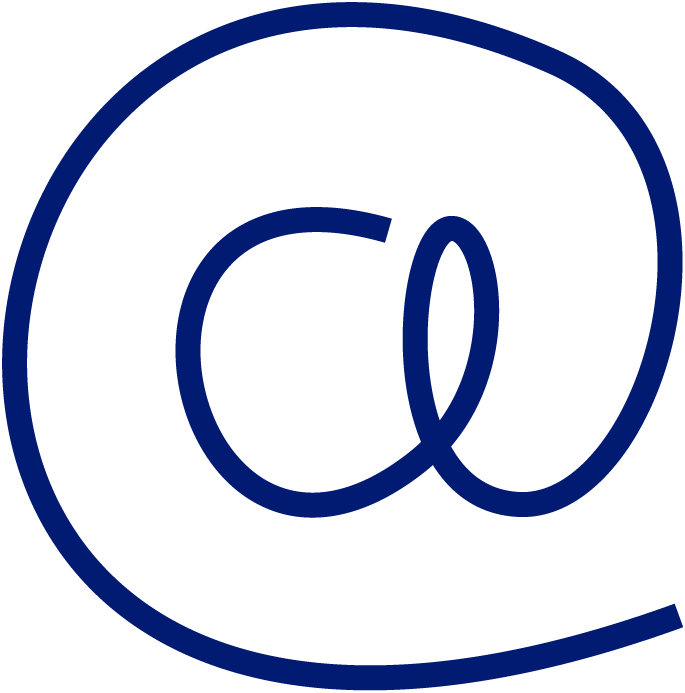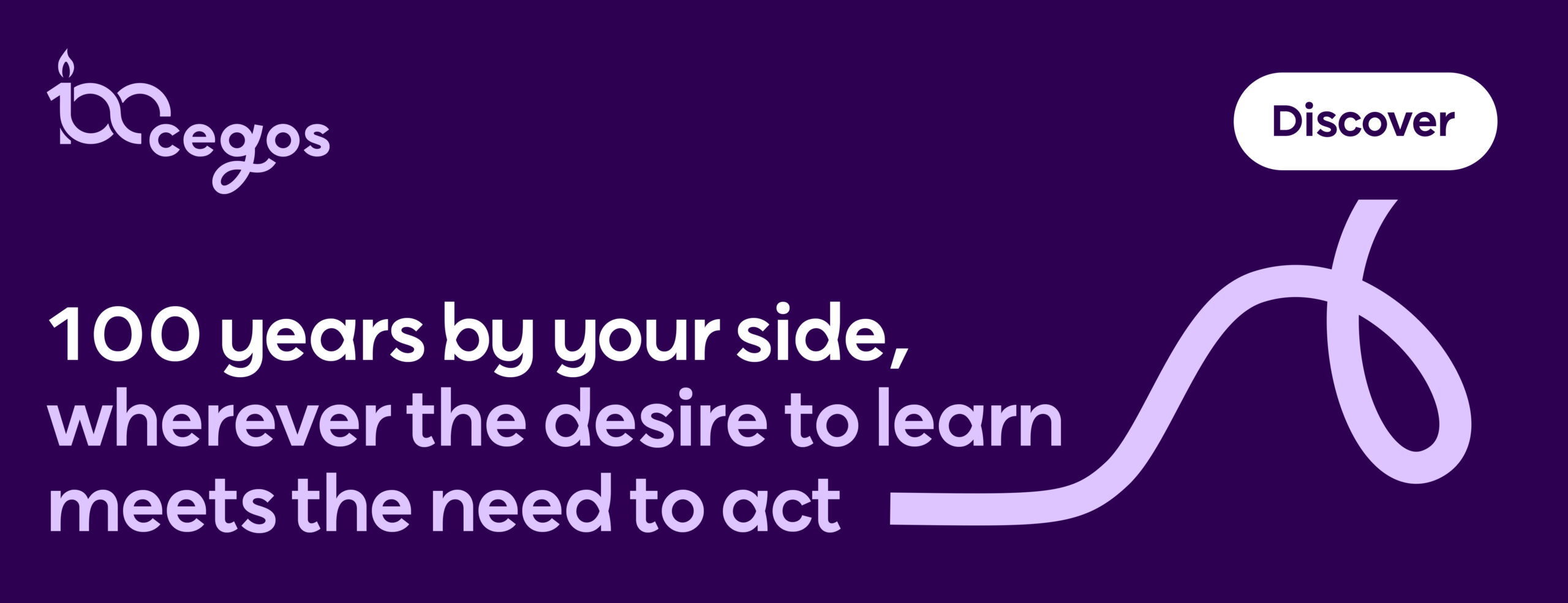
Nowadays, a lot of data is available from training courses. It allows us to better understand the learning path and thus better surround the learners in their training. In the future, this data and many others will feed an AI that will considerably improve the training profession. Are you ready?

First of all, let's define the artificial intelligence we're talking about. It is a strong AI, one that is capable of producing reflections, understanding a context and developing its own reasoning. This AI will intervene at each stage of the learning process.
AI and the development of training schemes
Streamlining the development of training pathways is an important issue for companies. According to the Brandon Hall Group's HCM Technology study, 18% of organizations worldwide have embarked on automated learning path development. AI will allow us to go much further in automation.
We can imagine that tomorrow, AI will know how to:
- help us better understand a sponsor's request (text analysis of the specifications, for example)
- identify occurrences of training content scattered in different learning objects, and help to standardise it by identifying the most efficient version
- capture content from an expert and "pedagogise" it without human intervention
AI and the continuous improvement of training pathways
The numerous data collected in the platforms already provide, for some of them, valuable information to trainers. They can thus play more of an e-coaching role that supports learning over time (verbalisation of learning outcomes, reinforcement of individually useful grains of learning, encouragement to sustain the effort, etc.).
AI will enable an even more detailed reading of learner behaviour, making it easier to identify high added value actions/phases and, conversely, key moments of dropping out.
The 6 possible attributions of an assistant to be named AITA (Artificial Intelligence Teaching Assistant):
- To monitor in detail the progress of learners as learning and teaching progresses. Perhaps the most powerful change it brings is the banning of tests and examinations, as assessment is continuous.
- Adapt the modalities according to the time of day, according to the chronobiology (staying or leaving the learning process). By picking up certain vital signals from learners, the IATA would alert trainers and suggest changes in rhythm in the event of reduced vigilance or moments of tiredness.
- Create the most appropriate groups of learners/trainers, based on a detailed knowledge of the profile and characteristics of each one.
- Suggesting the learning method best suited to the subject and individual motivations. Assist students who need extra help, for example, by providing tutoring, preparing and implementing remedial programmes, for example in the world of education.
- Free trainers from repetitive tasks in order to help them reposition themselves in coaching actions on complex tasks.
- Maintain complete and accurate student records.

Members of the Innovation by Cegos Cluster are also interested in these "learning companions". "Freeing educators from repetitive tasks in order to help them reposition themselves in accompanying actions on complex tasks. IATA would offer challenges to stimulate commitment. It would be a coach (who would learn what you like/don't like by capturing it on social networks), a mentor, a tutor who questions, answers and provides learning seeds. It would deliver positive feedback that rewards and gives access to what is of interest in the content and to reliable resources".
While some playgrounds such as adaptive learning are already open, others, such as Learning Companions or Teaching Assistants are still in their infancy, but will probably accelerate greatly in the years to come. The potential is enormous, but should not hide the risks associated with the implementation of these solutions.
AI instead of humans trainers?
In their article A.I. Is the New Teaching Assistant in the Classroom, Rose Luckin and Wayne Holmes describe a situation in which teachers/pupils/parents live and work alongside intelligent machines. Same vision with Garry Kasparov, in his Ted Talk, he mentions that the best teams today are no longer human or robotic, but a mixture of humans and robots. It is their combined skills that make the difference.
Nora Yennek, a member of the Innovation by Cegos Cluster, also points out some playgrounds explored in AI:
This post was written by Fabienne Bouchut, Innovation Project Manager and François Debois, Head of L&D Innovation at Cegos.










